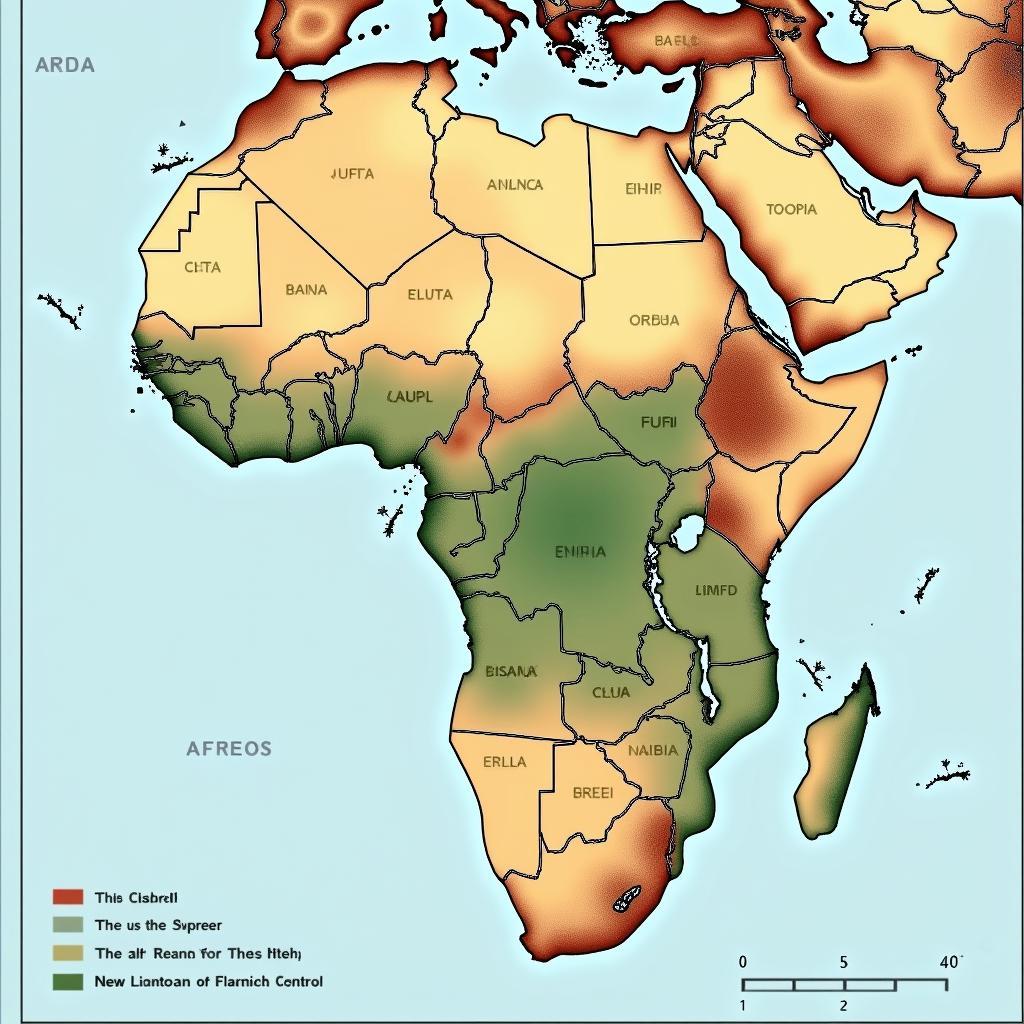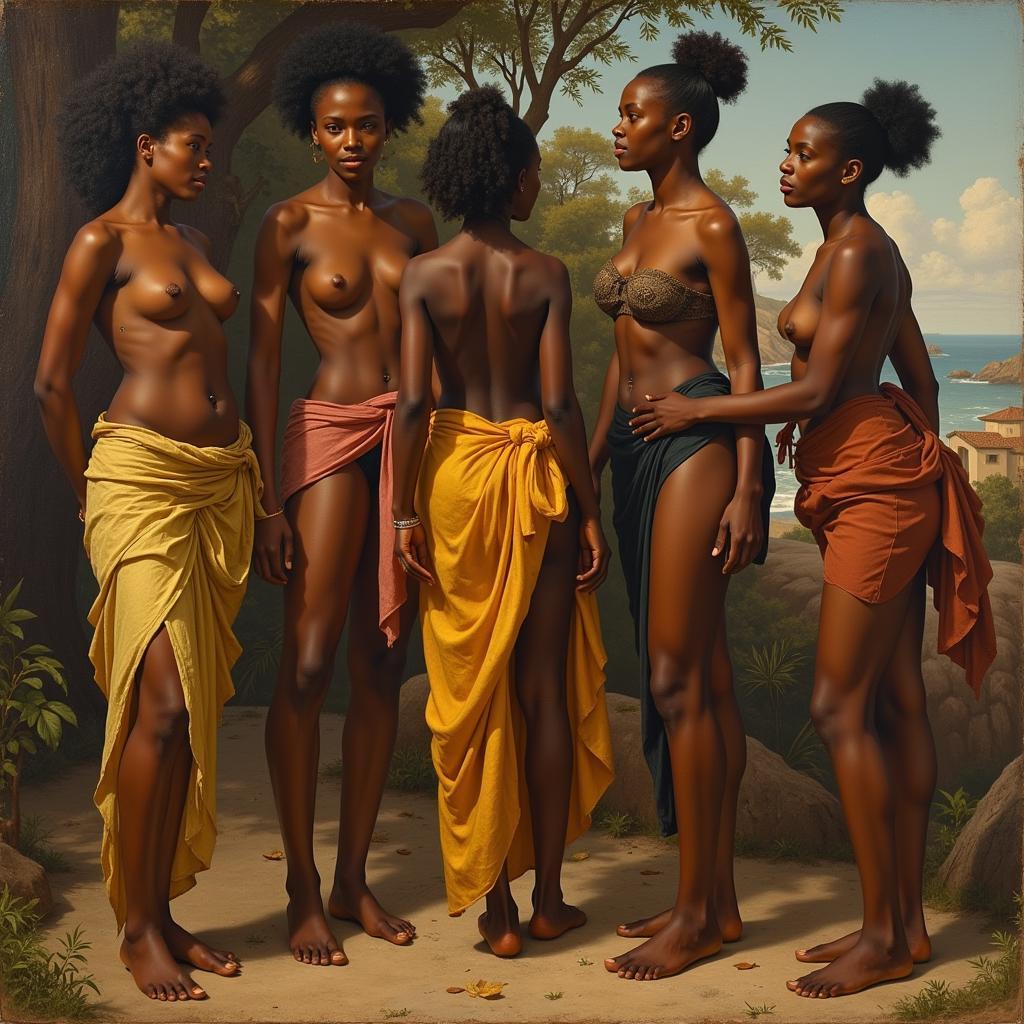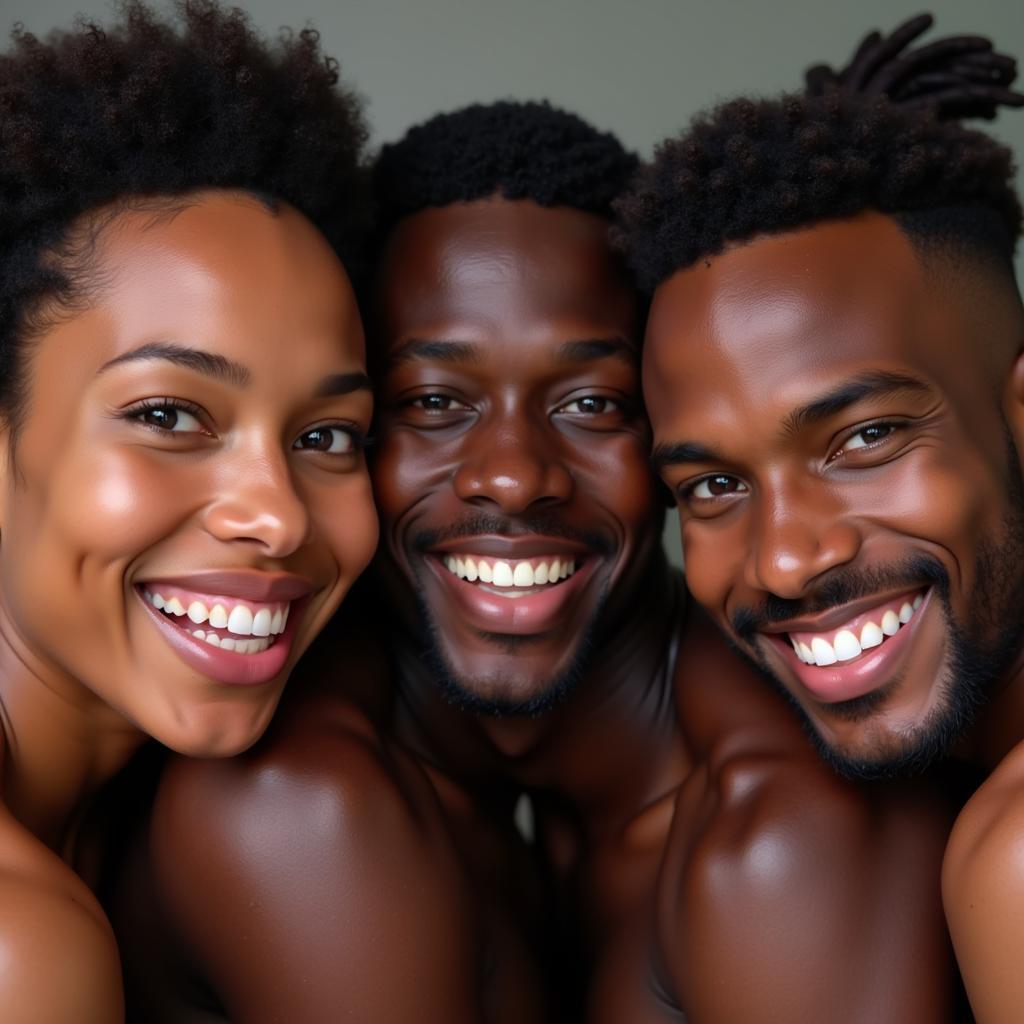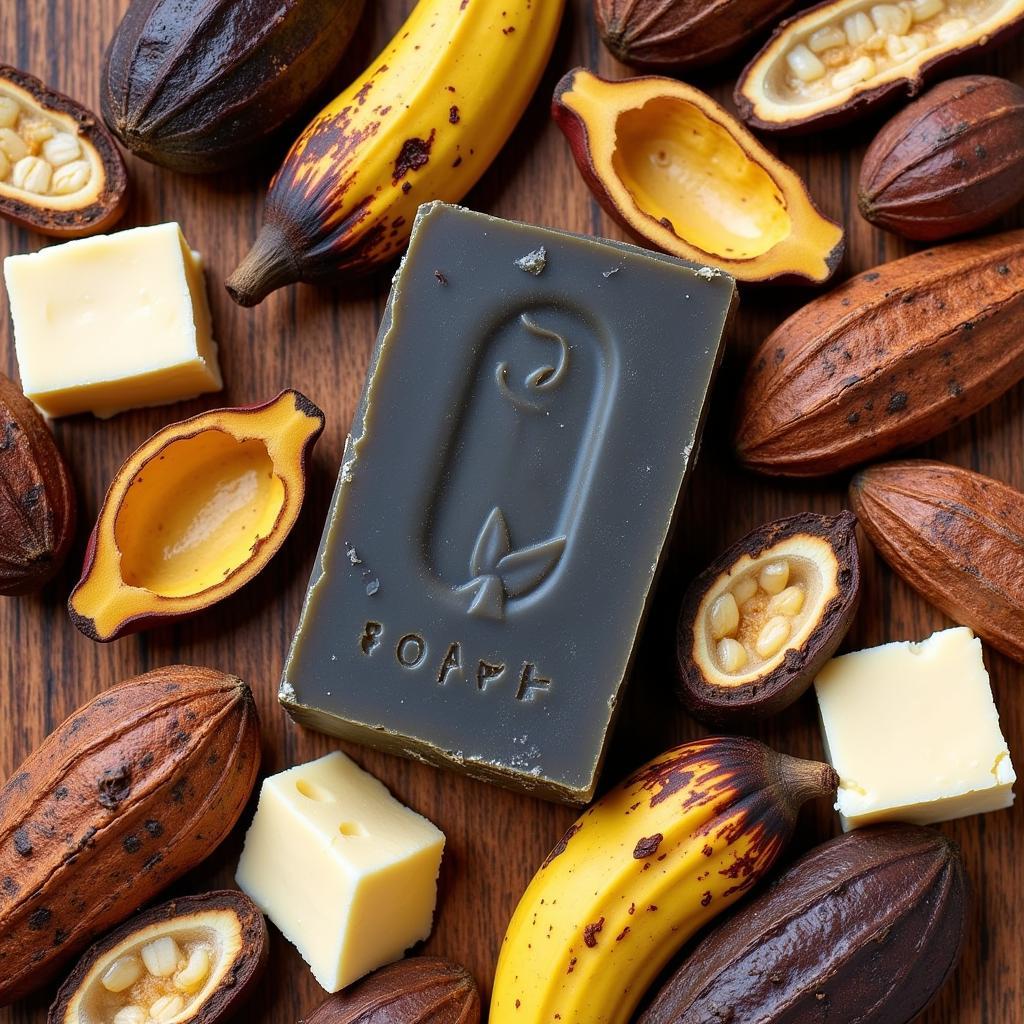African Heritage Clothing: A Tapestry of Culture and Identity
African Heritage Clothing is more than just fabric and style; it’s a vibrant expression of history, culture, and identity. From the intricate patterns of Kente cloth to the flowing robes of the Tuareg, each garment tells a story, weaving together threads of tradition, artistry, and social significance.
The Rich History of African Textiles
For centuries, African communities have developed unique textile traditions, passed down through generations. These techniques, often utilizing locally sourced materials like cotton, barkcloth, and animal hides, have produced a diverse array of fabrics, each with its own symbolic meaning.
african-textile-weaving|Women weaving colorful textiles in a traditional African village|Image of women in vibrant clothing, sitting together and skillfully weaving fabric on a handloom. The scene is set in a traditional African village, highlighting the communal nature of textile production.>
For example, the indigo-dyed fabrics of the Yoruba people in Nigeria are not only visually striking but also hold spiritual significance, representing the connection between the physical and spiritual worlds. Similarly, the intricate beadwork of the Maasai in Kenya and Tanzania reflects social status and serves as a form of visual communication.
From Everyday Wear to Ceremonial Garb
African heritage clothing encompasses a wide spectrum of styles, each serving a specific purpose. While some garments are worn daily, others are reserved for special occasions like weddings, festivals, and rituals.
african-ceremonial-clothing|A group of people dressed in elaborate traditional attire for a cultural ceremony|A photograph capturing a group of individuals, both men and women, adorned in vibrant and elaborate traditional African clothing. They are gathered for a cultural ceremony, perhaps a wedding or a festival, and the image highlights the beauty and significance of ceremonial attire.>
The brightly colored Kente cloth, originating from Ghana, is a prime example. Traditionally worn by royalty and chiefs, Kente is woven with intricate patterns that symbolize proverbs, historical events, and social values. Similarly, the boubou, a flowing robe worn by men and women in West Africa, can range from simple designs for everyday wear to elaborately embroidered versions for formal occasions.
“African heritage clothing is not static,” explains Abena Adjoa, a Ghanaian textile historian. “It continues to evolve, incorporating contemporary trends while staying true to its cultural roots.”
The Global Influence of African Style
African heritage clothing has had a profound impact on global fashion trends. From the bold prints and colors that have graced international runways to the use of traditional techniques like batik and tie-dye, African style has inspired designers and fashion enthusiasts worldwide.
african-inspired-fashion-show|Models showcasing contemporary designs inspired by African heritage clothing|A scene from a fashion show where models are strutting down the runway in modern garments that draw inspiration from African heritage clothing. The designs showcase a fusion of traditional patterns, colors, and silhouettes with contemporary cuts and styles.>
The global embrace of African heritage clothing is not just about aesthetics; it’s also about recognizing and celebrating the creativity, diversity, and cultural richness of the African continent.
Conclusion
African heritage clothing is a testament to the continent’s rich cultural heritage and artistic ingenuity. From everyday wear to ceremonial garb, each piece tells a story, connecting the wearer to their ancestors, their community, and their identity. By appreciating and celebrating African heritage clothing, we can gain a deeper understanding of the continent’s diverse cultures and contribute to preserving these traditions for future generations.
FAQ
1. What are some popular types of African heritage clothing?
Some popular types include Kente cloth, boubou, dashiki, agbada, gele, and shuka. Each style originates from a specific region and culture within Africa.
2. Where can I buy authentic African heritage clothing?
You can find authentic pieces at African-owned shops, online retailers specializing in African fashion, and local markets in African countries.
3. Is it appropriate for non-Africans to wear African heritage clothing?
Yes, it’s generally appropriate as long as it’s done respectfully and with an understanding of the cultural significance behind the garment. It’s important to avoid cultural appropriation and to appreciate the cultural context of the clothing.
4. How can I care for my African heritage clothing?
Care instructions vary depending on the fabric and embellishments. Always check the care label or consult with a specialist if you’re unsure.
5. Are there any specific occasions where wearing African heritage clothing is particularly appropriate?
Yes, events like weddings, festivals, cultural celebrations, and even everyday wear are great opportunities to showcase African heritage clothing.
Need Help Exploring the World of African Heritage Clothing?
Contact us! We offer personalized guidance and a curated selection of authentic pieces. Reach us via:
Phone: +255768904061
Email: kaka.mag@gmail.com
Address: Mbarali DC Mawindi, Kangaga, Tanzania
Our team is available 24/7 to assist you in finding the perfect garment that resonates with your style and celebrates the beauty of African heritage.
Explore our website for more articles on African culture, fashion, and art!



